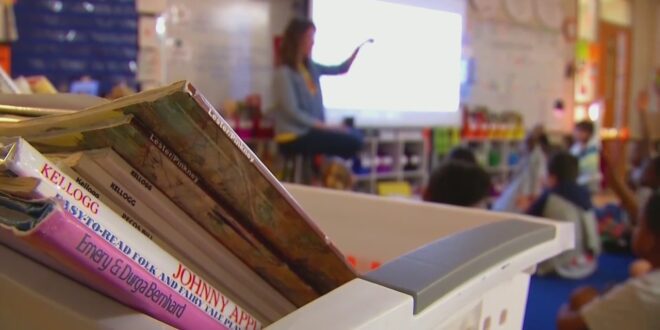Missouri’s top educators are pushing for the implementation of social and emotional learning (SEL) standards in the state. A group of teachers, school counselors, and mental health experts have spent months researching ways to improve student behavior in the classroom. This study aims to improve teacher recruitment and retention and create positive outcomes for the workforce. Having SEL standards will give teachers permission to focus on student behavior as part of their teaching approach, according to Christi Bergin, the Associate Dean for Research for the Mizzou College of Education and Human Development.
In December, the Board of Education requested that the Department of Elementary and Secondary Education create a working group to develop SEL standards for all students from kindergarten to 12th grade. The group presented its draft to the State Board of Education last week, which consists of 15 standards covering three categories: “Me,” “We,” and “Others.”
Under the “Me” category, the standards include regulating emotions in a healthy way, examining personal behavior and taking accountability for actions, setting goals with perseverance, and advocating for personal needs. Under the “We” category, the standards include working together effectively, making constructive decisions and resolving conflicts, respecting differences in others, adjusting behavior to fit different settings, and communicating effectively. Under the “Others” category, the standards include taking other people’s perspectives into account, showing empathy and compassion, treating others with civility and dignity, being fair and equitable in treatment, and advocating for individuals and communities.
State Board of Education President Charlie Shields believes that these new standards will help students after graduation by providing better employability skills and that it will also help retain educators in the classroom. Kim Greenlee, a fifth-grade teacher, who is part of the working group, implemented some of the SEL standards in her classroom this year and reported a high success rate. Greenlee believes that implementing these standards will help teachers better understand student behavior, which may provide greater retention of effective teachers.
Although the working group has requested an extension to finalize the standards, State Board of Education member Kim Bailey believes that the SEL standards will help with student behavior, teacher satisfaction, teacher recruitment and retention, as well as providing better employability skills for businesses. The finalized standards, resources, and definitions will be presented to the state board in August.
 Mind Uncharted Explore. Discover. Learn.
Mind Uncharted Explore. Discover. Learn.




